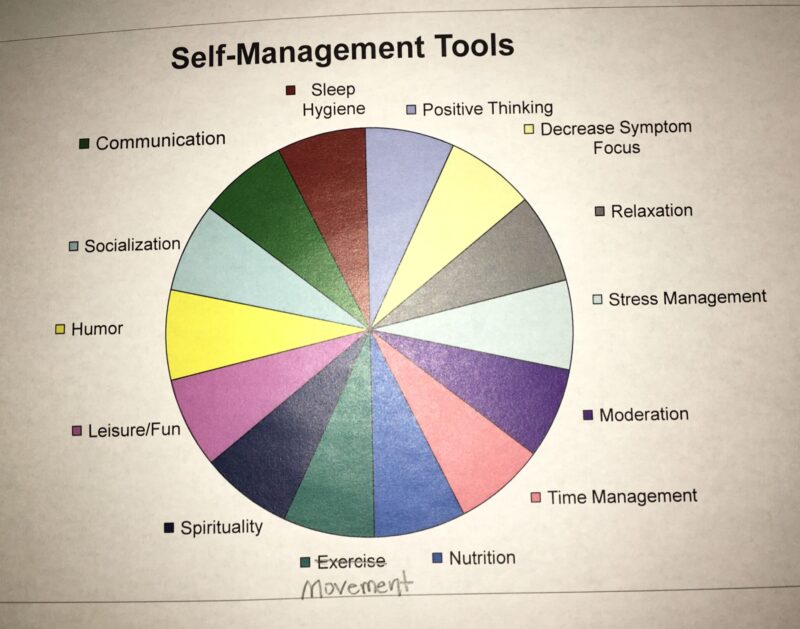
Wearing Vintage Hats
Love vintage and reproduction hats? Check out my personal hat collection. Don't look good in hats? Try my styling guides for vintage hats for women before you donate that gorgeous pillbox, bucket, fedora or beret.

Glimmers for a Rough Day
Some days a Spoonie just needs a little self-care and some bright glimmers of hope - instead of doom-scrolling on social media, check out positive reminders of self-worth, wander through vivid nature photos, and chuckle at silly cat videos

